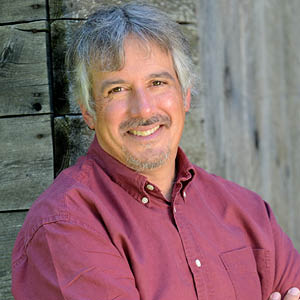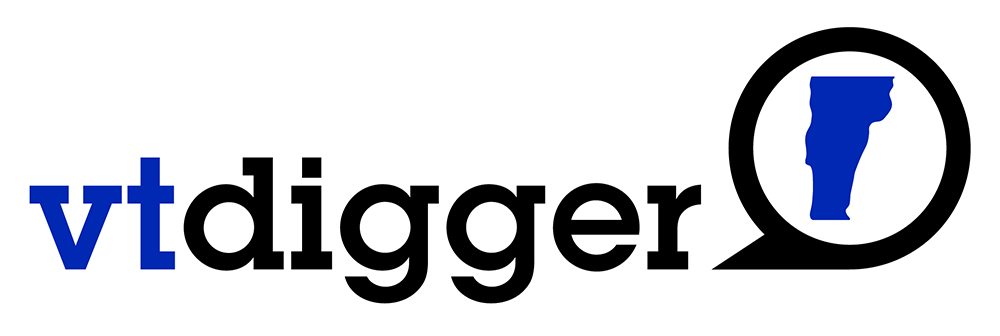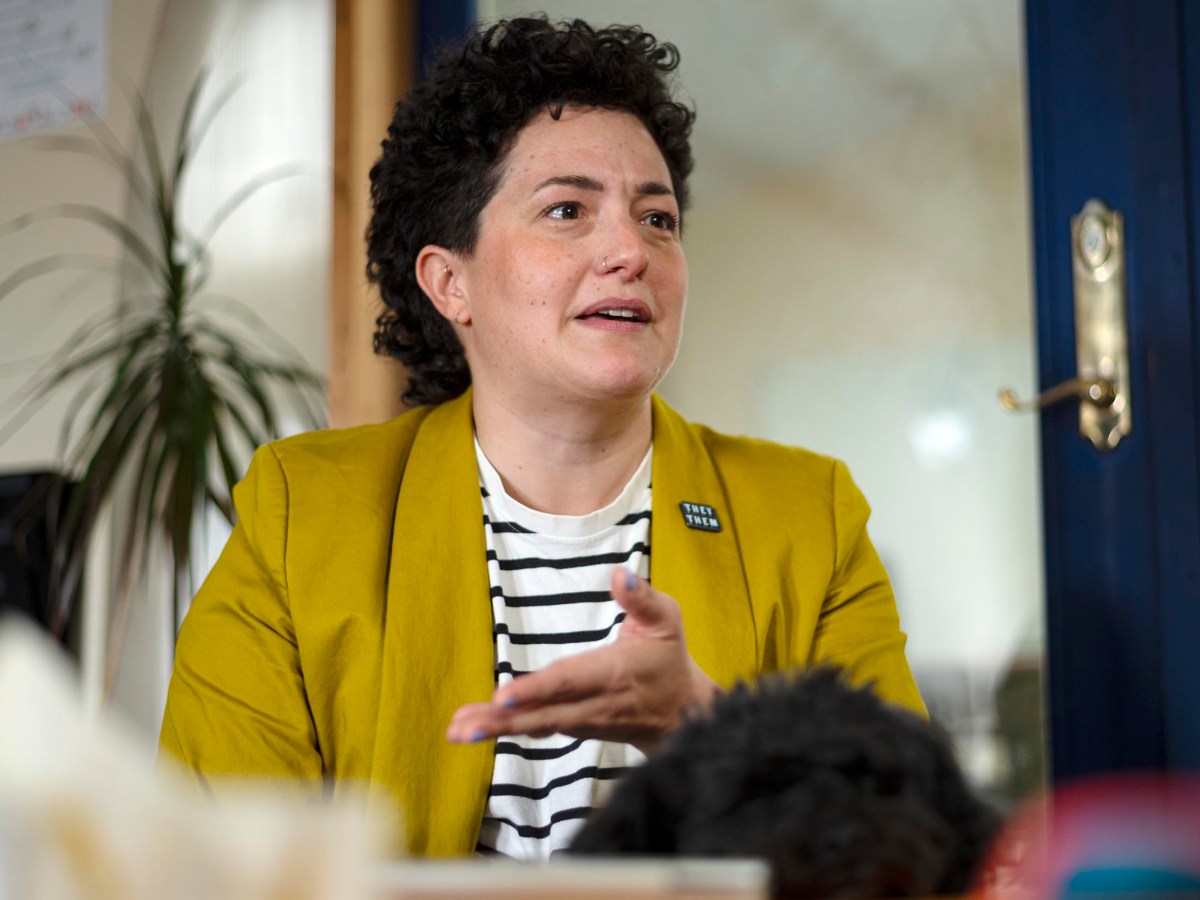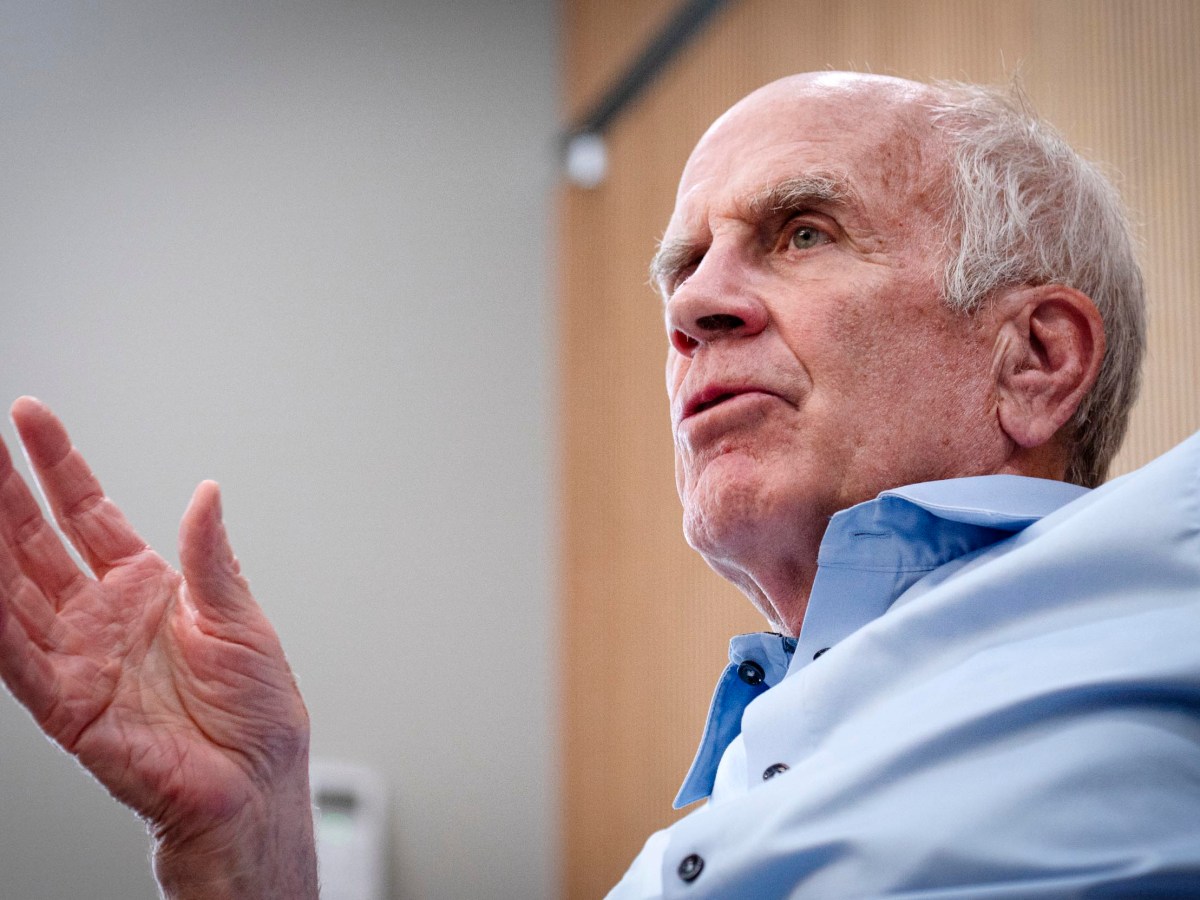Vermont Conversation with David Goodman
A VTDigger podcast featuring in-depth interviews on local and national issues with special guests who are making a difference. Hosted by award-winning journalist David Goodman.
LATEST EPISODE
Vermont Conversation: Vermont Asylum Assistance Project confronts Trump’s assault on immigrant rights
“People are really starting to look at what’s going on in the immigration system as a microcosm for what could happen to our democracy if left unchecked, not just for noncitizens, but for everyone,” said attorney Jill Martin Diaz.
Listen now
How to listen to Vermont Conversation
You can listen to every episode right here on our website or subscribe on the following podcast apps:
Recently aired episodes
Vermont Conversation: Dr. Becca Bell on the chaos at the CDC, and the uneven future of vaccine access
The Vermont pediatrician warned that Medicaid cuts, which will result in some 45,000 Vermonters losing health insurance, will fall hardest on children, who make up one third of the program’s enrollees in the state.
Vermont Conversation: Writer and organizer Bill McKibben on how the renewable energy revolution can bolster democracy
“Four years ago or so we passed some invisible line where it became cheaper to produce power from the sun and the wind than from burning things. And that’s a completely epochal moment.”
Vermont Conversation: Sen. Peter Welch slams Trump on his ‘ugly bill’, DC takeover and war in Gaza
Welch has tallied the impact of President Trump’s economic policies and determined that they will cost families in Vermont an average of $2,120 each year.

Meet the host, David Goodman
David Goodman is an award-winning journalist and the author of a dozen books, including four New York Times bestsellers that he co-authored with his sister, Democracy Now! host Amy Goodman. His work has appeared in Mother Jones, New York Times, Outside, Boston Globe and other publications.




